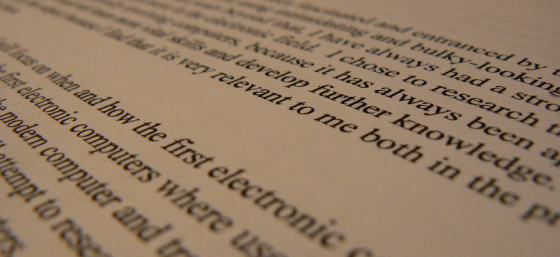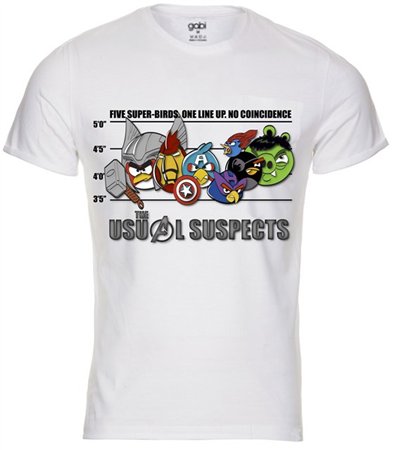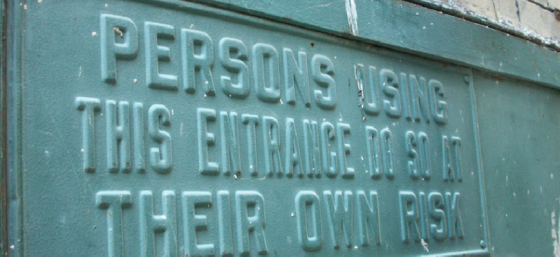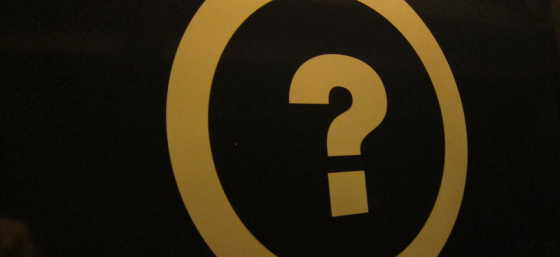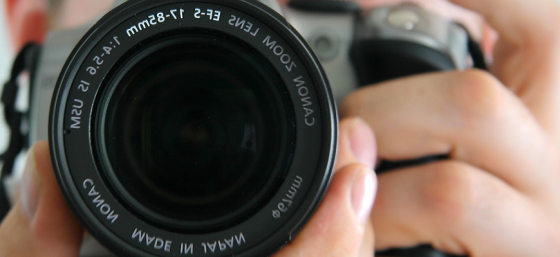My friend in California recently contacted me and said that he received an email from a professional association he belong to and that he wanted to share it in a blog post along with his response. As an Arizona attorney, I can’t provide legal advice to California clients, but it made me think about what potential legal repercussions I could face if I wanted to publish an email in a blog.
Defamation
Defamation usually involves making a false statement about a person or entity to a third party that damages their reputation. Publishing a blog post is definitely a communication to a third party, but there’s no false statement if you publish the email as it was written and if your response contains your true reaction to the message.
Public Disclosure of Private Facts
Public disclosure of private facts is an invasion of privacy claim where you tell the truth about a person but you release information that a reasonable person would expect you to keep confidential and they would be highly offended if you shared it. This is the type of claim you could face if you break up with your significant other and release the sex tape you made during your relationship.
In terms of publishing an email I received, I’d review the message and the association’s rules to see if communications need to be regarded as confidential. If not, I probably wouldn’t hesitate to republish it in a blog because there’s probably nothing in it that would be high offensive to share with others.
False Light
False light is a claim where you’re accused to telling the truth about someone but you manipulate it in a way that suggests something that is false. If I were going to republish an email, I’d probably publish the entire message to avoid being accused to manipulating the message to make the person look worse than they are.
These legal claims are all state law claims. If I publish an email written to me by a person or on behalf of an organization and they get pissed at me, they’re going to sue me where they live. I’d have to check the exact verbiage of these laws in that state, not just my home state. I prefer to not set myself up to be sued across the country and have to go there to defend myself.
EDIT: My lawyer friend reminded me of one more claim you have to think about if you’re going to publish an email in a blog post: Copyright Infringement.
The person who wrote the email likely has copyright rights in their verbiage, include the right to decide where it’s reproduced and displayed. Most people don’t register their copyrights with the U.S. Copyright Office, so if you wait three months to publish your blog post, they can only come after you for their actual damages, which will probably be lower than statutory damages. In some cases, they could still get a decent settlement.
And as always, if you’re going to push the envelope with your blog posts, it’s easier and cheaper to consult a lawyer (like me!) in advance than to have to hire one after you’ve been sued and you have to defend yourself.
Feel free to connect with me via Twitter, Google+, Facebook, and LinkedIn.
Please visit my homepage for more information about Carter Law Firm.
